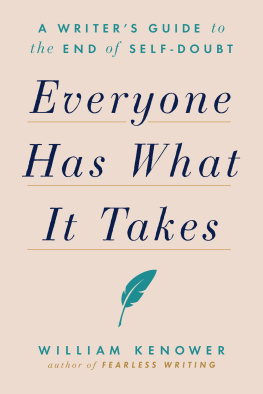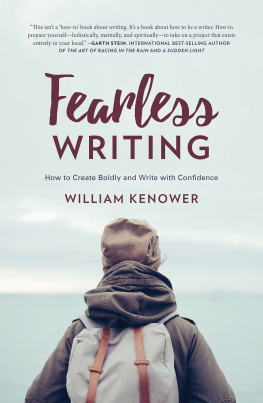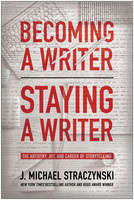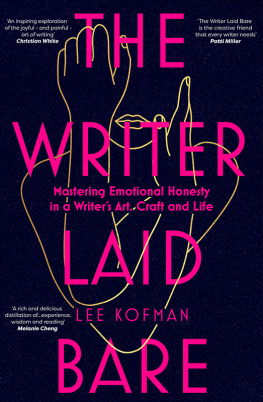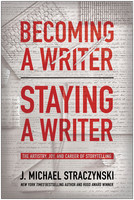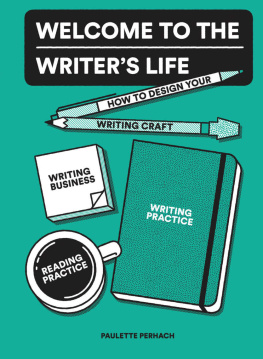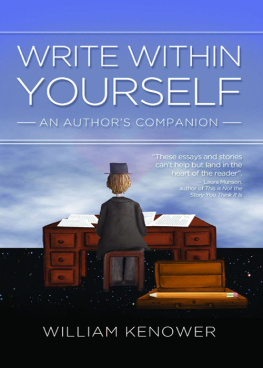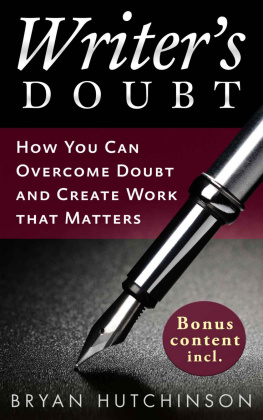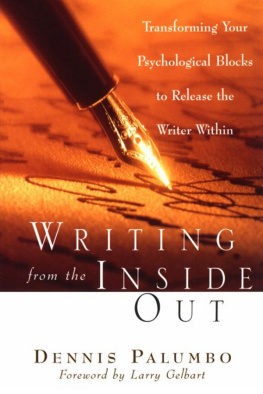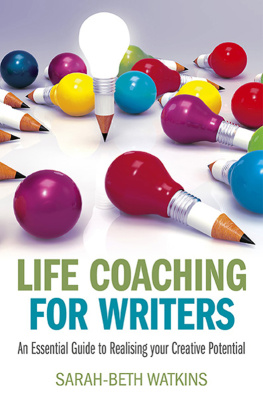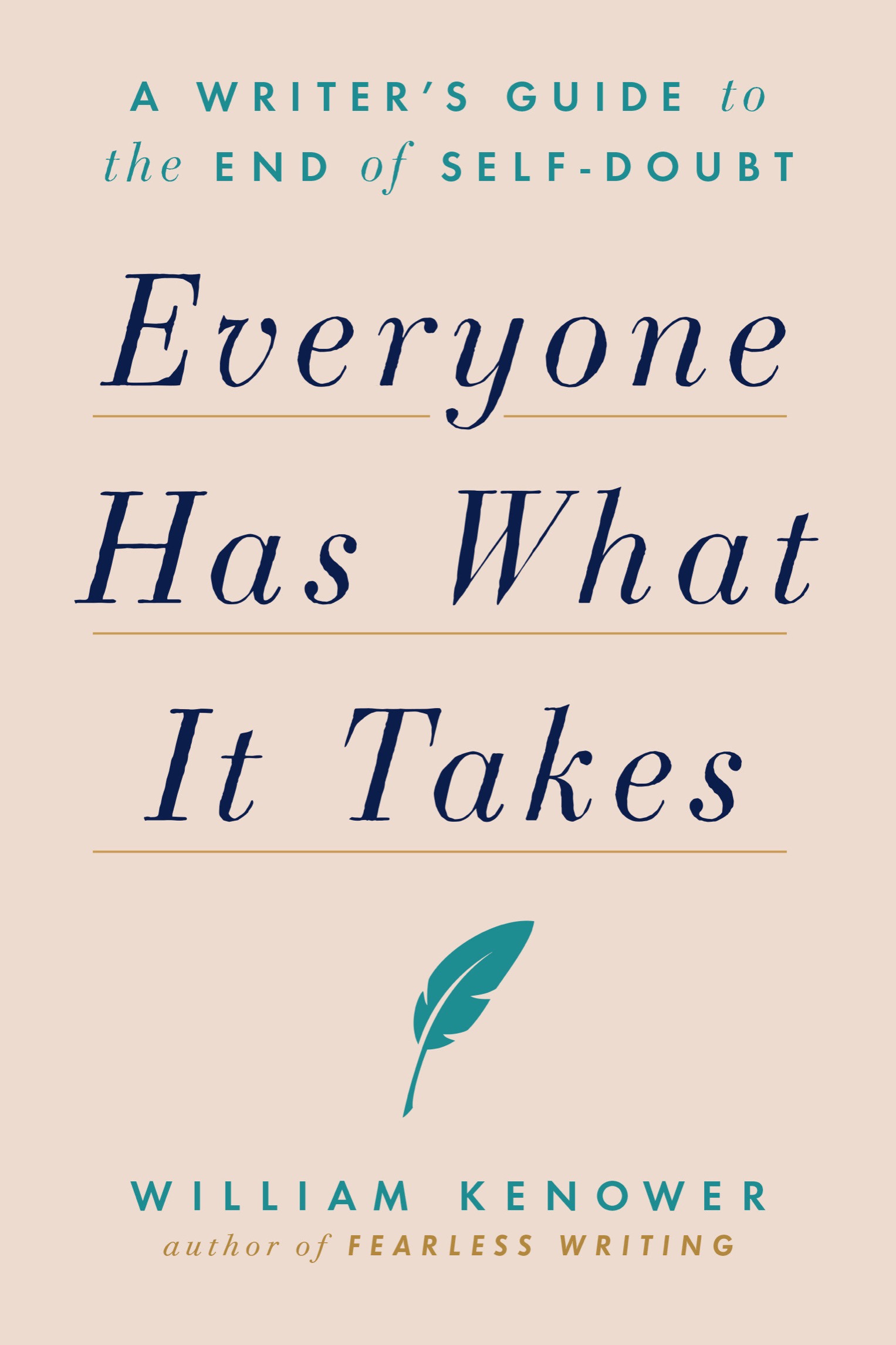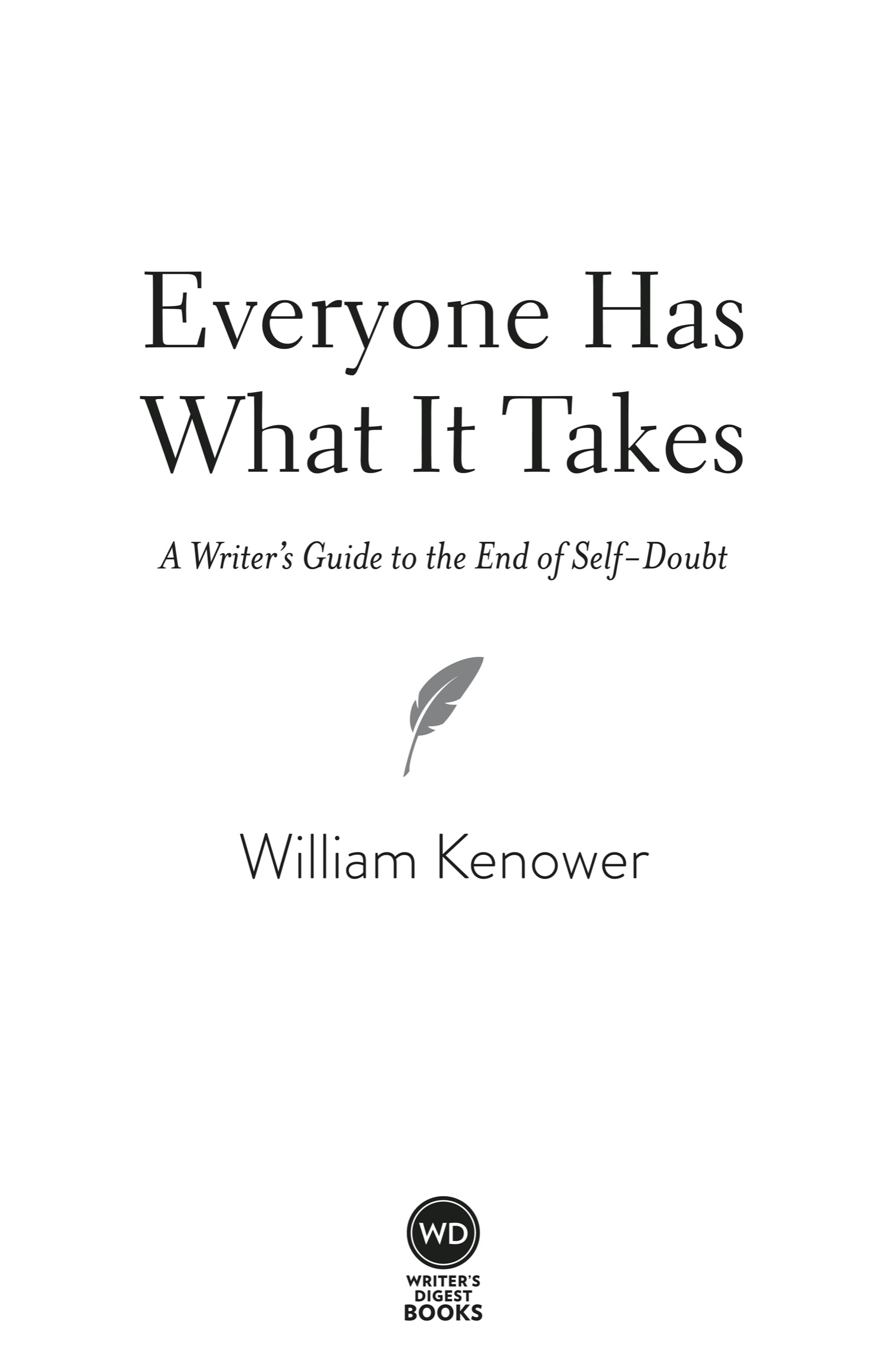ADVANCE PRAISE FOR
Everyone Has What It Takes
I always look forward to hearing what William Kenower has to say about writing. In his latest book, Kenower explores what it means to be a successful creative as he examines the equality of personal talent. As usual, I felt energized and validated by his intellectual discussion of prose and life. Kenower reminds us to enjoy the whole writing journey, not just the high points. Everyone Has What It Takes will give your creative side a much-needed boost, which is good, because, as Kenower says,... the page is waiting for you.
Windy Lynn Harris, author of Writing & Selling Short Stories & Personal Essays
Like Elizabeth Gilbert in Big Magic, Bill Kenower teaches us that sometimes the simplest ideas are the most profound. Follow your curiosity. Lead your life. Write your books. In honest, accessible prose, Kenower takes us past craft and into the psyche, where all writing starts, and gives us the core lessons that every writer needs to hear, and probably every day.
Erica Bauermeister, bestselling author of The School of Essential Ingredients and The Scent Keeper
William Kenowers encouraging new book, full of personal tales and relatable wisdom, urges you to throw out everything you think you know about becoming a successful writer. Instead, he exhorts, be curious, trust your words, say yes to opportunities and, most important, keep writing what matters to you. A must-read for writers at all stages of the process.
Jordan Rosenfeld, author of How to Write a Page-Turner
William Kenower offers engaging personal stories from his personal experience about how, as writers, we often put ourselves on what Id call a failure to thrive track. Then he expertly shows us how to reverse that toward pleasure and finding our own writing path.
Sheila Bender, author of Writing Personal Essays
In Everyone Has What It Takes, Bill Kenower reminds us that with the right mind-set and attitude, we can create our own success with our writing. Using poignant stories from his life, Kenower shines light on the negative things we tell ourselves related to our creative life and illustrates a more positive approach for us to take. Inspiring and encouraging, this book should be part of every writers library.
Kerrie Flanagan, writing consultant and author of The Writers Digest Guide to Magazine Article Writing and The Magazine Writing Blueprint
William Kenower is the writing coach youve always wanted. In Everyone Has What It Takes, Kenower gives you the support you need to live your writing life without fear or worry. Through stories and examples, he shows you that you really do have what it takes to become a successful writer. I loved this bookit showed me a positive approach to writing that is less about competition and more about creativity and understanding. This book is about life, and the best way to live itfully aware of who you are and who you want to be.
Kate Ristau, author of Shadow Girl and Clockbreakers

An imprint of Penguin Random House LLC
penguinrandomhouse.com

Copyright 2021 by William Kenower
Penguin supports copyright. Copyright fuels creativity, encourages diverse voices, promotes free speech, and creates a vibrant culture. Thank you for buying an authorized edition of this book and for complying with copyright laws by not reproducing, scanning, or distributing any part of it in any form without permission. You are supporting writers and allowing Penguin to continue to publish books for every reader.
ISBN 9780593330784
eBook ISBN 9780593330791
Book design by Ashley Tucker, adapted for ebook by Cora Wigen
pid_prh_5.7.0_c0_r0
For anyone who thinks they cant
The privilege of a lifetime is being who you are.
JOSEPH CAMPBELL
Contents
Foreword
In my twenties, my boss turned to me unexpectedly during a live meeting when she was next up to speak, and asked, Susie, do you want to present the business development overview this morning?
I was startled. I shook my head no. Umno way! Ive had no time to overprepare, worry, and overthink, thank you very much!
She smiled and went ahead and presented it herself as usual.
All day I wrestled with that no.
What was it that made me turn down the chance to step up?
Regrettably, I knew the answer. I didnt want to screw around, stumble, or say something wrong. I didnt even want to blush. I wasnt willing to experience any discomfort or make a mistake.
She didnt ask againnot the next meeting, or the next. It ate me up a little bit as the weeks passed. How could I go bigger in my life without saying yes to more?
I promised myself that if she asked me again, Id say yes.
Each meeting Id go in, a bit nervouswanting (but also not wanting!) her to ask me again. I was prepared each week.
One week, she did ask again. I said yes.
I presented the report almost every week after that.
Why the shift?
Because I was willing to do just one thing. Be uncomfortable. Risk getting it wrong. Take a chance that I could screw it up.
And that, my friend, is all confidence is.
This book will help you bypass the no that you wrestle with a lot of the time (weve all been there).
Most people wont tell you this, but some opportunities dont pass by a second time.
Most importantyour life doesnt. As the old saying goes, this isnt a dress rehearsal. The time to write is now.
And your contribution as a writer is so much bigger than to just yourself. As you learn to believe in yourself, you teach others to believe in themselves, too. Success is generous. Whenever you step up to be, do, have, and create moreyou silently give everyone in your life permission to do so as well. Read this book not just for you but for the thousands of other self-doubters youll encounter in your life.
We all have what it takes. But we all dont use what we have. This book will help you regret-proof your life.
I wish every writer could encounter Bill Kenowers wisdom, compassion, and savvy. This might be the best gift you ever give yourself, and the world.
With so much love from one writer to another,
Susie Moore
CHAPTER ONE
A New Story
Idiscovered the pleasure of writing when I was nine, which I have since learned is about the average age of discovery for most writers. This was the same time I was learning how to do a lot of different thingsride a bike, play football, add fractions, draw soldiers and tanksbut of all these things, only writing stood out to me as something I might want to keep doing when I grew up. For one, I seemed to be pretty good at it. How did I know this? The same way I knew I was good at anything back then: An adult told me so. Also, even though writing was something I learned how to do in school, I was happy to do it when I was out of school, which meant it didnt feel like work.
As a teenager I became quite serious about wanting to be a professional writer. Adults, and sometimes even my friends, still complimented my writing, but a quiet question had begun to worm its way into my mind. Did they mean I was

